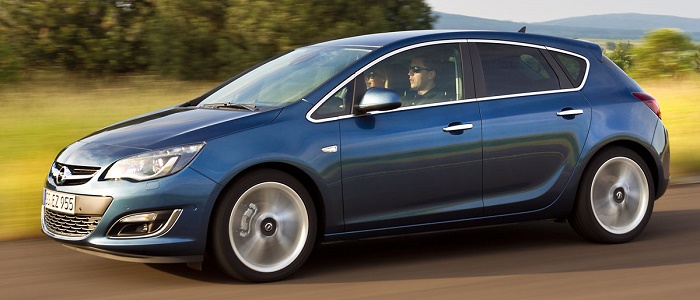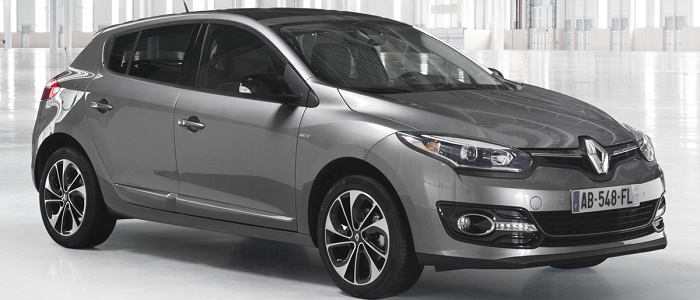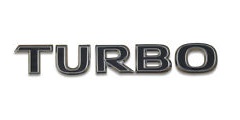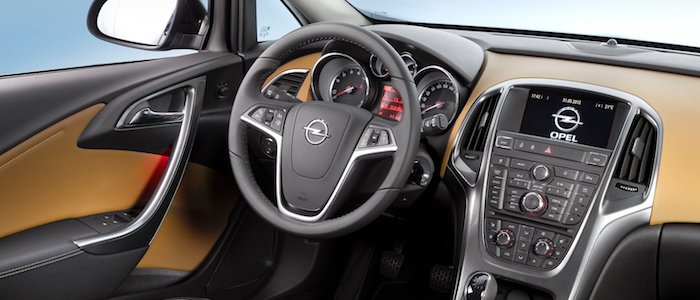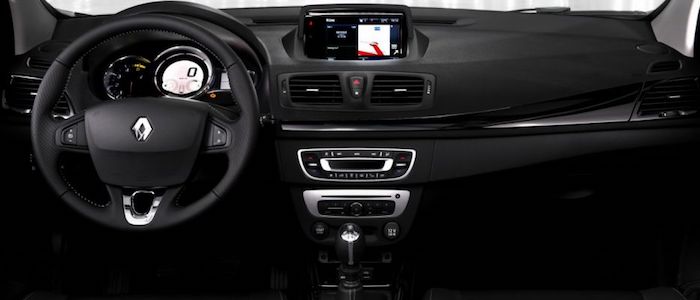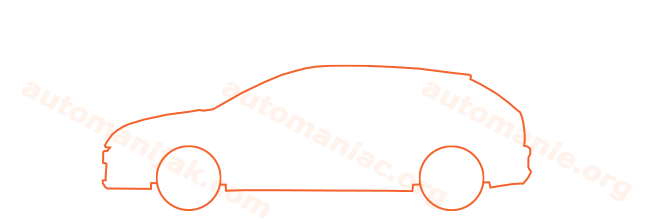Compare two cars
Compare any two cars and get our Virtual Adviser™ opinion
Dimensons & Outlines
Check vehicle history
Engine
1.6 Z16LET
Performance (manual gearbox)
Performance (automatic gearbox)
Expenses
Virtual Adviser's™ opinion
Well, these are two pretty similar cars we have here! It's only details that could potentially make the difference. Considering they both belong to the small family car segment and utilize the same 5-door hatchback body style and the front wheel drive system, it all comes up to the specific petrol engine choice they offer. The first one has a Opel-engineered powertrain under the hood, a 4-cylinder, 16-valves 180hp unit, while the other one gets its power and torque from a 4-cylinder, 16-valves 130hp engine designed by Renault.
SafetyBoth vehicles got tested by European New Car Assessment Programme (Euro NCAP), with the Opel being a slightly better choice apparently. Still, apart from the official crash test results there are other things we need to be aware of. Both vehicles belong to the small family car segment, which is generally classifying them somewhere in the middle safety-wise, but it doesn't do much to help us decide between the two. Furthermore, when it comes to weight, a factor that most people underestimate, the German car offers a considerable difference of 18% more metal.
ReliabilityI don't like generalizing things when it comes to reliability, although it does seem that Renault does have a slight advantage, when all the models are taken into account. That's the official data, while our visitors describe reliability of Opel, as well as Renault, with the same average rating of 4.2 out of 5. Independent research findings rank Astra as average reliability-wise, and Megane is more or less at the same level.Above it all, drivers of cars with the same engine as the German car rank it on average as 5.0, while the one under the competitor's bonnet gets 3.8 out of 5.
Performance & Fuel economyOpel is undoubtly more agile, reaching 100km/h in 1.2 seconds less than its competitor. In addition to that it accelerates all the way to 221 kilometers per hour, 21km/h more than the other car. When it comes to fuel economy the winner has to be the French car, averaging around 5.4 liters of fuel per 100 kilometers (52 mpg), in combined cycle. We can't ignore that 26% difference compared to the German car.
Verdict
Opel appears just a bit more reliable, although the difference is truly marginal. The most important thing when deciding between any two vehicles should always be safety, both passive and active. In my opinion, everything taken into account, the German car beats the other contender by far, making it the best choice without even considering other things. It all continues in the same direction, with Opel outracing its opponent in any situation possible, making it better choice for boy racers. It does come at a cost though, and that's the fuel consumption... It's not difficult to say then that if I'd need to make a choice, it would definitely be the Opel. Anyway, that's the most objective conclusion I could've came up with and it's based solely on the information found on this website. Aspects such as design, practicality, brand value and driving experience are there for you to measure them out. In case you have two minutes to spare I invite you to define your needs, desires and budget and see which car would be chosen by the virtual adviser™, out of 12.000+ vehicles we currently have in our database.























